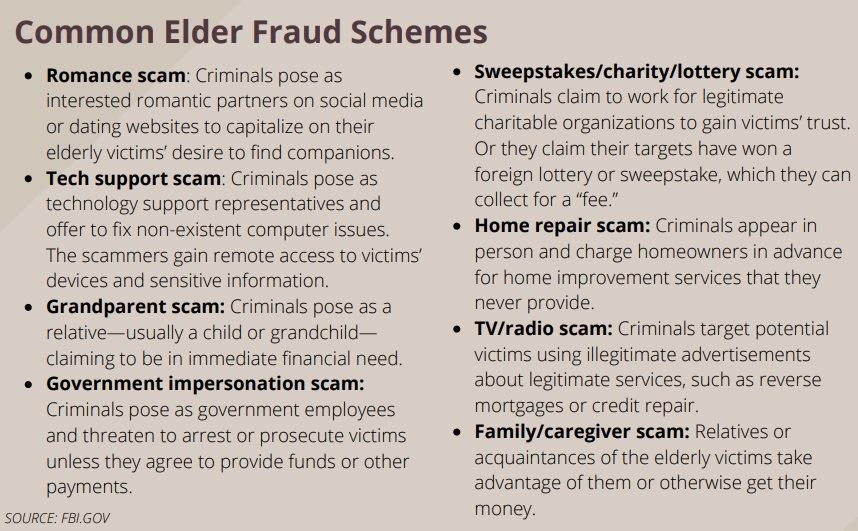How to Report Fraud
- Federal Trade Commission
1-877-FTC-HELP (1-877-382-4357)
Online Fraud Report Form: https://reportfraud.ftc.gov/#/ - Identity Theft Report Form: https://www.identitytheft.gov/Info-Lost-or-Stolen
- Do Not Call Registry: https://www.donotcall.gov/
- Massachusetts Attorney General’s Office
(617) 727-8400
https://www.mass.gov - U.S. DOJ Elder Fraud Hotline: 833-FRAUD-11 (833-372-8311)
- Massachusetts Elder Abuse Hotline: (800) 922-2275
Other Resources
- Tips for Seniors to Avoid Scams: https://www.ncoa.org/article/22-tips-for-seniors-to-avoid-scams
- FTC Avoiding and Reporting Scams: https://www.consumer.ftc.gov/features/scam-alerts
- National Consumers League: https://fraud.org/
- Snopes Fraud & Scams News: https://www.snopes.com/fact-check/category/fraud/
